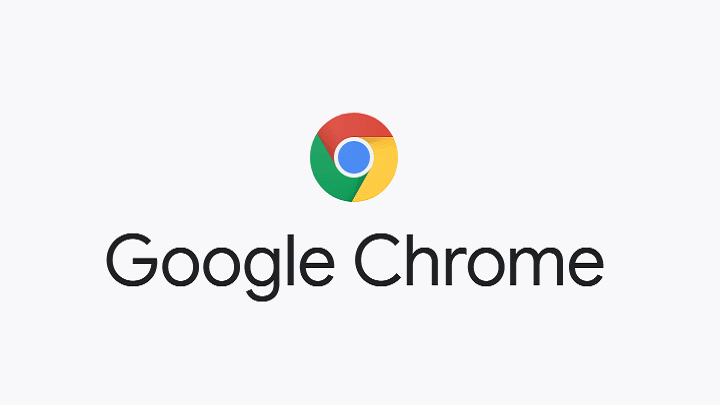Chrome 76 Blocks Flash and Prevents Sites From Detecting Incognito
The latest update to Google Chrome automatically blocks Flash Playback media and does not allow sites to detect when you are in incognito mode.

A new update, numbered 76, of Google Chrome, one of the most popular web browsers has been released. It includes a number of bug fixes and security features, as well as some useful features to help you browse the web.
The most noticeable change for Google Chrome users will be how the browser chooses to support Flash Player content. Attempts to get rid of the archaic Adobe format have been underway for several years and from now on Chrome will block the associated media by default.
Flash content has allowed users to browse and interact with online media, but since the introduction of standards such as HTML5, WebGL and WebAssembly, it has become redundant and a potential security risk. For now, you can still turn it on manually, but given the fact that Adobe will stop supporting the format from next year, no one should be surprized at Google's decision to block it by default.
In addition, Chrome will not now allow websites to detect when a user is browsing in incognito mode, which was quite problematic for people who wanted to hide their web activity. Other changes (mainly security fixes and minor bugs) of the latest Google browser update can be found here.
0

Author: Paul Wozniak
Part of the editorial team since 2019, he started as a news writer and now works mostly on video content. Currently, he is mainly interested in RPG, soulslike and metroidvania games, but he has also devoted a large part of his gaming life to multiplayer. In games, he mainly values complex character development mechanics and freedom of action, and tries to look at the covered titles from different perspectives. He has also been running his YouTube channel since 2023.
Latest News
- Butcher's Summit, an impressive free diselpunk FPS, has been released
- Free FPS on Half Life engine gets big update
- On February 3, gaming history could change forever. Red Dead Redemption 2 one step away from a major achievement
- This is not the RPG you expected. Crimson Desert abandons the key elements of the genre, going for original solutions
- Nintendo may unexpectedly beat Sony. State of Play is not to be the only game show awaiting players in February

